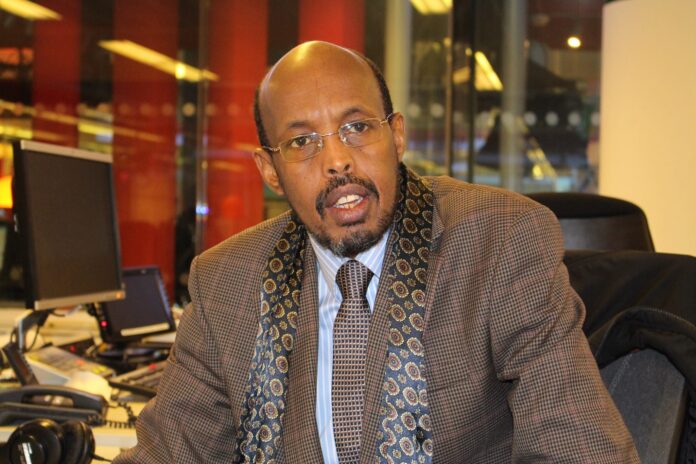The Russian government accused the West, and in particular the United States, of trying to sabotage its showcase Russia-Africa summit by pressuring African countries not to take part.
The summit, which will take place in St Petersburg on Thursday and Friday, will be attended by President Vladimir Putin who is expected to hold intensive one-on-one talks with each African leader focusing on everything from trade to security, arms deals, and grain supplies.
Russian government on its part has announced that forty-nine African delegations have confirmed their participation, around half of whom will be represented by their heads of state or government and president Putin will meet in person with the leaders of Burkina Faso, Burundi, Cameroon, the Central African Republic, Comoros, Congo, Egypt, Eritrea, Guinea-Bissau, Libya, Mali, Mozambique, Senegal, South Africa, Uganda, Zimbabwe, and also with the chair of the African Union. Russians are happy to capitalise the great African attendance of the summit.
Russian Foreign Minister, Sergei Lavrov, claimed that the West was trying to wreck this week’s Russia-Africa summit, but US State Department disagreed and said that Washington “(doesn’t) want to limit African partnerships with other countries. We want to give African countries choices.”
The government spokesman Dmitry Peskov also repeated the claim that the West was doing its best to wreck the Russian event. He said that all African governments have been put enormous and unprecedented pressure from the U.S and French embassies on the respective capitals. Other Western missions have been also trying to do their bit to prevent this summit from taking place.
What is at stake if Russia Africa meet in St. Petersburg?
The objectives and expectations of Russia and African countries in an African summit can vary based on their respective interests, but here are some general issues.
Russia’s objectives
- Strengthening political and economic ties with African countries.
- Expanding trade and investment opportunities in the African continent.
- Enhancing Russian influence and presence in Africa.
- Developing partnerships in areas such as energy, infrastructure, and natural resources.
- Securing support for its foreign policy agenda, particularly on international platforms like the United Nations.
- Countering the influence of other global powers, such as China and the United States, in Africa.
- African countries’ objectives:
- Attracting foreign investment and expanding business opportunities.
- Enhancing infrastructure development through partnerships and financial support.
- Accessing technological expertise, particularly in sectors like energy and telecommunications.
- Strengthening political and diplomatic ties with Russia.
- Seeking support on regional security issues, such as counterterrorism efforts.
- Exploring opportunities for capacity building and educational exchanges.
Africa and its bit on world stage
It is important to note that specific objectives and expectations can vary from country to country within Africa, as each nation has its own unique needs and interests.
It important to note that, for the first time in African history, six African leaders visited Russian and Ukraine in an attempt to broker a deal to end the ongoing war between the two states and that was seen that Africans wanted to exercise their independence and have a fair share on the international stage.
In August, BRICS meeting will be held in South Africa and most probably will be announced a new currency which will challenge US dollar domination of international trade, so America and the West as pack have a reasonable ground to sabotage Russia and Africa relations to blossom.
The end
Mohamed Mohamud Adde
An academic and Political Analyst


